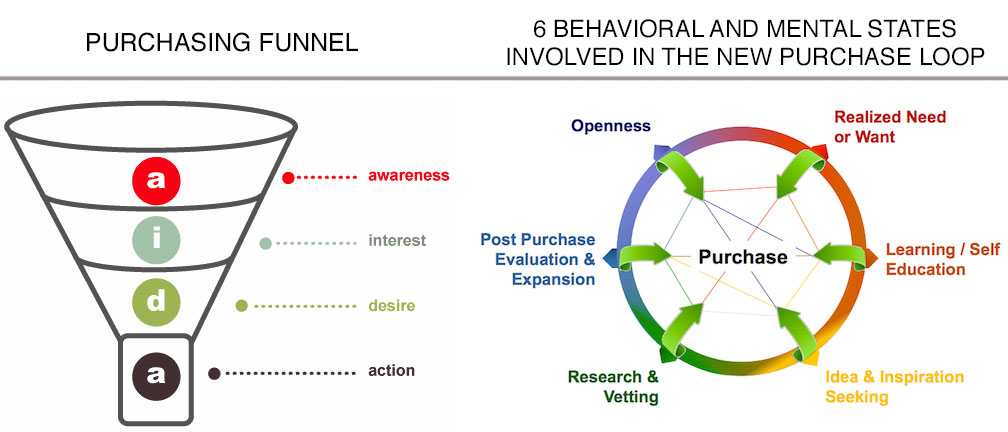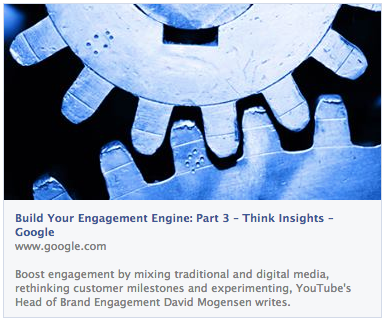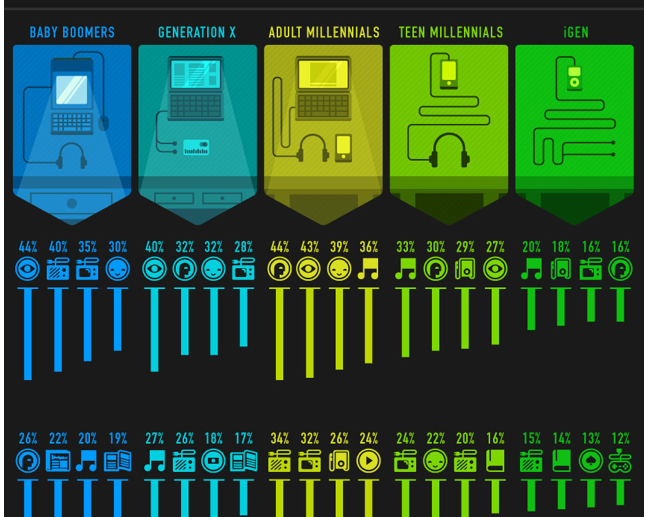The Marketer’s Approach to Balancing a Paid, Owned, and Earned Social Media Strategy – via SumAll http://blog.sumall.com/journal/marketers-approach-balancing-paid-owned-earned-social-media-strategy.html
Some Key takeaways:
“…The ‘paid, owned, earned’ approach. The idea is essentially that all marketing falls into three different categories.
First there is the media that you pay for. This is traditional advertisements and promotions.
Then there is media that you own – think blog content, visuals and other offerings that you or your team will create.
And finally, there is the Holy Grail of marketing– earned media. This is the fabled word-of-mouth that everyone is always talking about.”
. . . . .
“… without doing or collecting things worth talking about, brands just end up talking about themselves. Not only does nobody listen to, or interact with shameless self-promoters, it actually turns users off to your brand.”
Hilary’s Note: This second takeaway is one I see small businesses doing all of the time. They think that marketing is standing on the soap box and just shouting that they exist and expecting people to care. And it’s even worse when they won’t acknowledge that they could at least talk about the benefits or unique qualities of their product or service.
In the case of some products or services it doesn’t even have to be words. With clothes or jewelry for example, a good photo, as they say, is worth a 1000 words (though some descriptions for SEO reasons are also important when online.)




